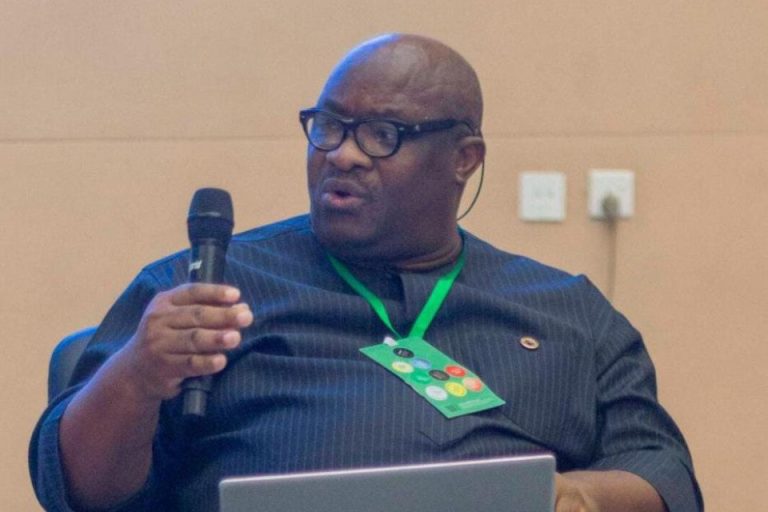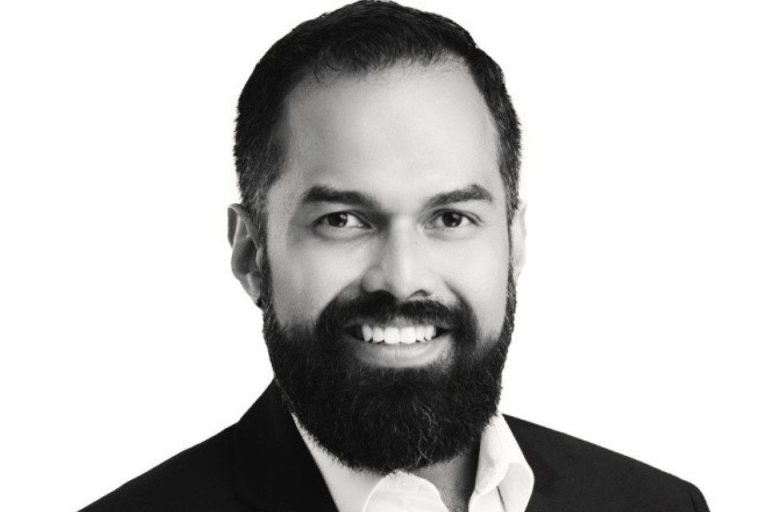
Director-General, UNESCO
The United Nations Educational, Scientific and Cultural Organization (UNESCO’s) groundbreaking Massive Open Online Course (MOOC) on Freedom of Expression, Artificial Intelligence (AI), and Elections offered in five different languages: Arabic, English, French, Spanish, and Portuguese has empowered over 8,000 participants from 165 countries.
The initiative carried out in collaboration with the United Nations Development Programme (UNDP), and the Knight Center at the University of Texas, Austin with support from the Electoral Assistance Division (EAD) of the UN Department of Political and Peace-building Affairs in New York is to help address concerns around the intersection of AI and democratic integrity as a result of bringing both promise and peril as well as amplifying disinformation and hate speech in the digital realm.
The year 2024 has been labeled the “super election year” as 76 countries are gearing up for election and the deployment of Artificial Intelligence (AI) into electoral processes.
The MOOC provided a platform for Electoral Management Bodies, civil society representatives, journalists, and academics to delve into the complexities of AI’s impact on electoral processes. High-level UN experts, civil society organizations and electoral regulators shared insights with participants on strategies to safeguard information integrity and strengthen democratic institutions from challenges posed by emerging technologies during elections.
Reflecting on the course’s impact, Sestile Letonsou, an electoral officer from the Central African Republic, remarked that: “As a specialist in electoral issues, the course gave me a better understanding of what AI is and how it contributes to disinformation or misinformation during the electoral process. Beyond that, it has prepared me to take on a more important role to raise awareness of the consequences of AI and guide on its advantages and good practices.”
Similarly, Dannes Chimarro, an Electoral official from Ecuador, said: “What I learned was very enriching. In Ecuador, there is not yet a very deep knowledge about AI, and how it is influencing today’s generation. Having learned these very interesting topics during the MOOC awakened my curiosity about the good use that I could give not only to me but to every person in any area of everyday life.”
The course underscores the fact that protecting freedom of expression and access to information remains essential for the enabling of human rights and that when information is accurate and accessible and the media is open and plural, elections will remain free and fair. However, due to the rise of AI in the digital era, electoral processes face new challenges of “4 V”: the volume, velocity, virality and verisimilitude of information as the shift in the way information is produced, disseminated and received gives rise to real-world consequences, including the intensification of attacks against journalists during elections and the rise of technology-facilitated gender-based violence.
A participant from Nigeria remarked: “I found the content of this course highly relevant. This is even more applicable considering that my country (Nigeria) recently witnessed one of the most competitive presidential elections in recent times in which AI played a major role – positively and negatively – in shaping the opinions of voters. Having learned so much in this course, I now consider it a duty to apply the skills (and tools) acquired to participate actively in the electoral information space.”
“As a first-time voter in Mauritius, I was overwhelmed by the sheer volume of information surrounding elections. Thankfully, this MOOC came just in time! The knowledge I gained is incredibly valuable and I’m determined to put it into action. Thanks to this course, I’m not just a voter – I am an informed citizen ready to make a difference,” Sia Teija Gujadhur, a first-time voter from Mauritius said.
Lindiwe Maleleka, a Political Adviser from the Commonwealth Secretariat, United Kingdom emphasized that “The takeaway for me here is the realization that due to the complexity of AI, its power and speed, the potential for its manipulation, the benefits and disadvantages of using AI in electoral processes, there is therefore a greater need to ensure a balancing act so that any regulatory frameworks do not impinge on freedom of expression.”
The course underscores that the imperative of building citizens and stakeholders’ capacity with good practices is crucial for strengthening information integrity and media and information literacy, as well as navigating AI’s complexities. It also noted that these strategies will reinforce freedom of expression as a fundamental pillar for the enabling of human rights and the preservation of electoral integrity.




